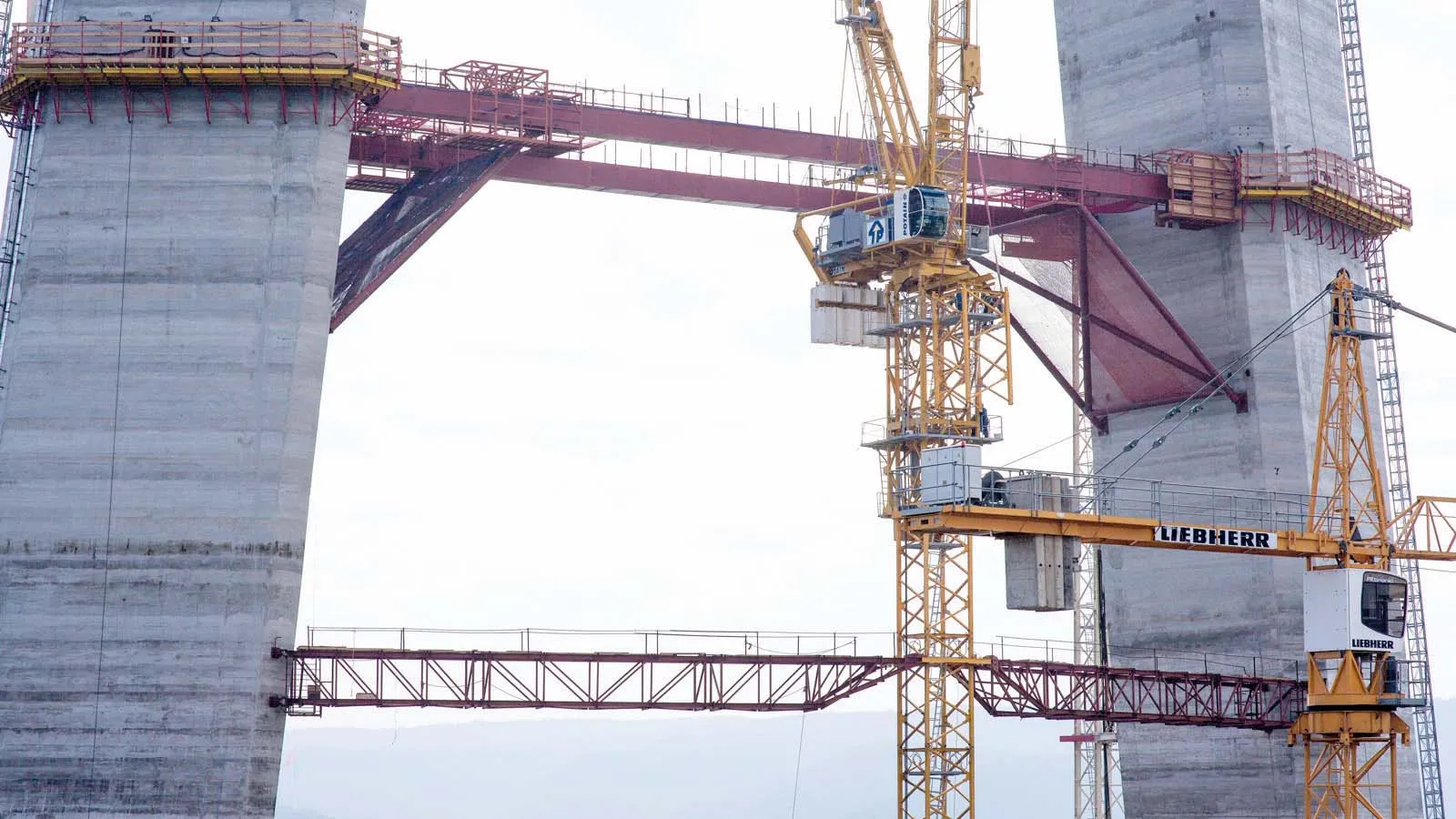ERIC 2016, the first European Road Infrastructure Congress, has called on the region’s governments to come together and work more imaginatively with the private sector to bring about a safer and more effective highway network.
Speaking at the congress’ opening ceremony, FIA president Jean Todt said that if the EU is serious about improving its road safety record, it is essential to develop a high quality highway infrastructure as quickly as possible.
Todt (who is also the United Nations special envoy
October 18, 2016
Read time: 3 mins
ERIC 2016, the first European Road Infrastructure Congress, has called on the region’s governments to come together and work more imaginatively with the private sector to bring about a safer and more effective highway network.
Speaking at the congress’ opening ceremony, FIA president Jean Todt said that if the EU is serious about improving its road safety record, it is essential to develop a high quality highway infrastructure as quickly as possible.
Todt (who is also the United Nations special envoy for road safety as well as the president of the Federation Internationale de l’Automobile) wants to see a more joined up and innovative approach to developing the highway network of the future.
PIARC president elect Claude Van Rooten agreed adding that his organisation, also known as the World Road Association, is convinced that there are many benefits in governments collaborating with the private sector. He sees new thinking on public-private initiatives as a key way forward in the coming years.
The European Road Infrastructure Congress, which was jointly organised by the European Union Road Federation (ERF) and the Road Safety Markings Association (RSMA), set itself three key objectives. The first was to ask “how can we improve its delivery model in a way that enables road authorities to ask for better solutions while providing industry with an optimal use of public resources and obtaining value for money?”
Secondly, the congress set out to address the question “how can we work together in order to identify practical solutions enabling Europe to achieve its ambitious target of a 50% cut in road fatalities?” And thirdly, the event’s 500 delegates were presented with a series of papers on adapting Europe’s current road infrastructure to the way in which “technological changes and innovations in vehicle technology, road usage and road infrastructure (will change) the road of the future”.
ERIC 2016 took place in Leeds because, according to SWARCO founder and chief executive officer Manfred Swarovski, “the UK Government is adopting innovative management and financing models for the delivery of road infrastructure with the establishment of Highways England as an independent body with a ring-fenced budget of 20-billion-pound sterling over 5 years.”
Speaking as the congress president, Swarovski added that “across Europe, pioneering technology is changing the way we use, manage and maintain our road network. These are exciting times and this 2016 event brings together policy makers, academics, research institutes, road authorities and industry representatives from both Europe and across the world to explore key themes (such as the) delivery of the road infrastructure.”
He also posed two further questions: “how can we improve its delivery model in a way that enables road authorities to ask for better solutions while providing industry with an optimal use of public resources and obtaining value for money?” And, how can Europe “adapt (its) road infrastructure in view of innovations in vehicle technologies.”
The region need to “examine the challenges posed by road automation for the road infrastructure sector and the role of roads in the future European socio-economic model” he concluded.
Speaking at the congress’ opening ceremony, FIA president Jean Todt said that if the EU is serious about improving its road safety record, it is essential to develop a high quality highway infrastructure as quickly as possible.
Todt (who is also the United Nations special envoy for road safety as well as the president of the Federation Internationale de l’Automobile) wants to see a more joined up and innovative approach to developing the highway network of the future.
PIARC president elect Claude Van Rooten agreed adding that his organisation, also known as the World Road Association, is convinced that there are many benefits in governments collaborating with the private sector. He sees new thinking on public-private initiatives as a key way forward in the coming years.
The European Road Infrastructure Congress, which was jointly organised by the European Union Road Federation (ERF) and the Road Safety Markings Association (RSMA), set itself three key objectives. The first was to ask “how can we improve its delivery model in a way that enables road authorities to ask for better solutions while providing industry with an optimal use of public resources and obtaining value for money?”
Secondly, the congress set out to address the question “how can we work together in order to identify practical solutions enabling Europe to achieve its ambitious target of a 50% cut in road fatalities?” And thirdly, the event’s 500 delegates were presented with a series of papers on adapting Europe’s current road infrastructure to the way in which “technological changes and innovations in vehicle technology, road usage and road infrastructure (will change) the road of the future”.
ERIC 2016 took place in Leeds because, according to SWARCO founder and chief executive officer Manfred Swarovski, “the UK Government is adopting innovative management and financing models for the delivery of road infrastructure with the establishment of Highways England as an independent body with a ring-fenced budget of 20-billion-pound sterling over 5 years.”
Speaking as the congress president, Swarovski added that “across Europe, pioneering technology is changing the way we use, manage and maintain our road network. These are exciting times and this 2016 event brings together policy makers, academics, research institutes, road authorities and industry representatives from both Europe and across the world to explore key themes (such as the) delivery of the road infrastructure.”
He also posed two further questions: “how can we improve its delivery model in a way that enables road authorities to ask for better solutions while providing industry with an optimal use of public resources and obtaining value for money?” And, how can Europe “adapt (its) road infrastructure in view of innovations in vehicle technologies.”
The region need to “examine the challenges posed by road automation for the road infrastructure sector and the role of roads in the future European socio-economic model” he concluded.







